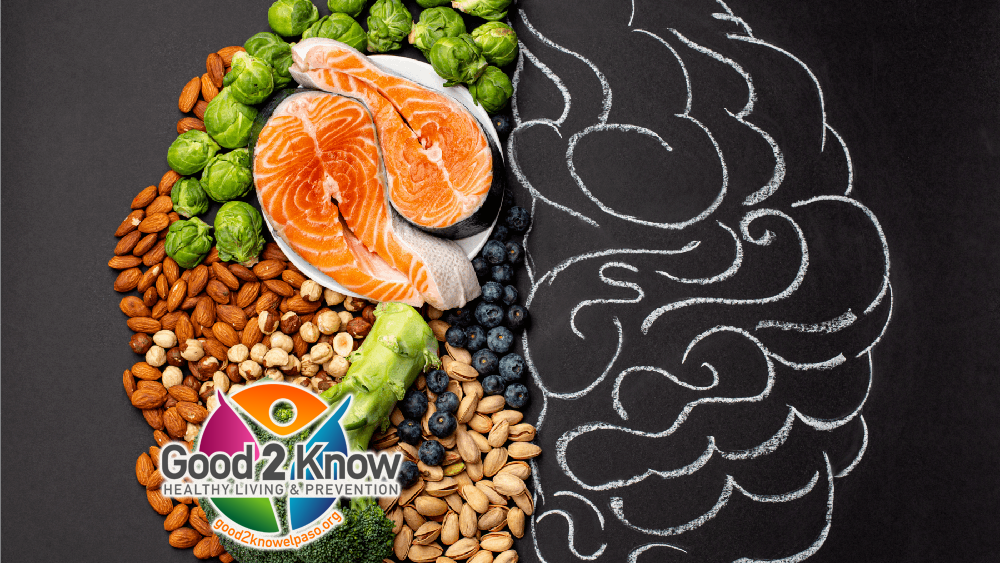Mediterranean diet may reduce risk of dementia
16 Jul 2025 by Ted Escobedo 2 min read
Following a Mediterranean diet is a good way to ensure a healthier lifestyle, but it may also be important for maintaining good brain function
One of the reasons that the Mediterranean diet is thought to be beneficial to our brains is because it is high in antioxidants from fruits and vegetables. These may help to protect against some of the damage to brain cells associated with Alzheimer's disease. Research has suggested that this may be beneficial to help maintain memory and thinking skills.
Studies looking specifically at dementia have been inconsistent. However, a recent large study suggested that sticking to a Mediterranean diet could reduce dementia risk by up to 23%.
How to follow a Mediterranean diet
Mediterranean diets are high in fruits, vegetables and wholegrains with moderate consumption of oily fish and dairy, and low intake of meat, sugar and saturated fat. Most fat in this type of diet comes from olive oil, and alcohol is consumed in moderation with meals.
Eating a Mediterranean-style diet doesn’t necessarily mean eating foods from Mediterranean countries. Instead, try to follow these guidelines.
• Include wholegrain starchy foods in most meals – for example, whole wheat bread, rice and pasta.
• Eat more fruits, vegetables, pulses (for example, beans, peas and lentils) and nuts and seeds.
• Eat less red meat – for example beef and lamb, and especially processed meats such as sausages and bacon.
• Eat fish regularly – particularly oily types like salmon and mackerel. However, try to limit eating battered or breaded fish which is high in unhealthy fat.
• Try to choose lower-fat dairy foods where possible.
• Use vegetable and plant oils for cooking and dressing – for example, olive oil and rapeseed oil. Try to avoid solid fats like butter, lard or ghee.
• Limit the amount of salt in your diet – try not to eat more than 6g (about a teaspoon) a day.
• Try to make sugary foods only occasional treats – such as pastries, sweets, biscuits, cakes and chocolate.
• Consume alcohol in moderation (ideally with food) – if you don’t drink alcohol already, try not to start.
- Tags:
- Food & Nutrition

